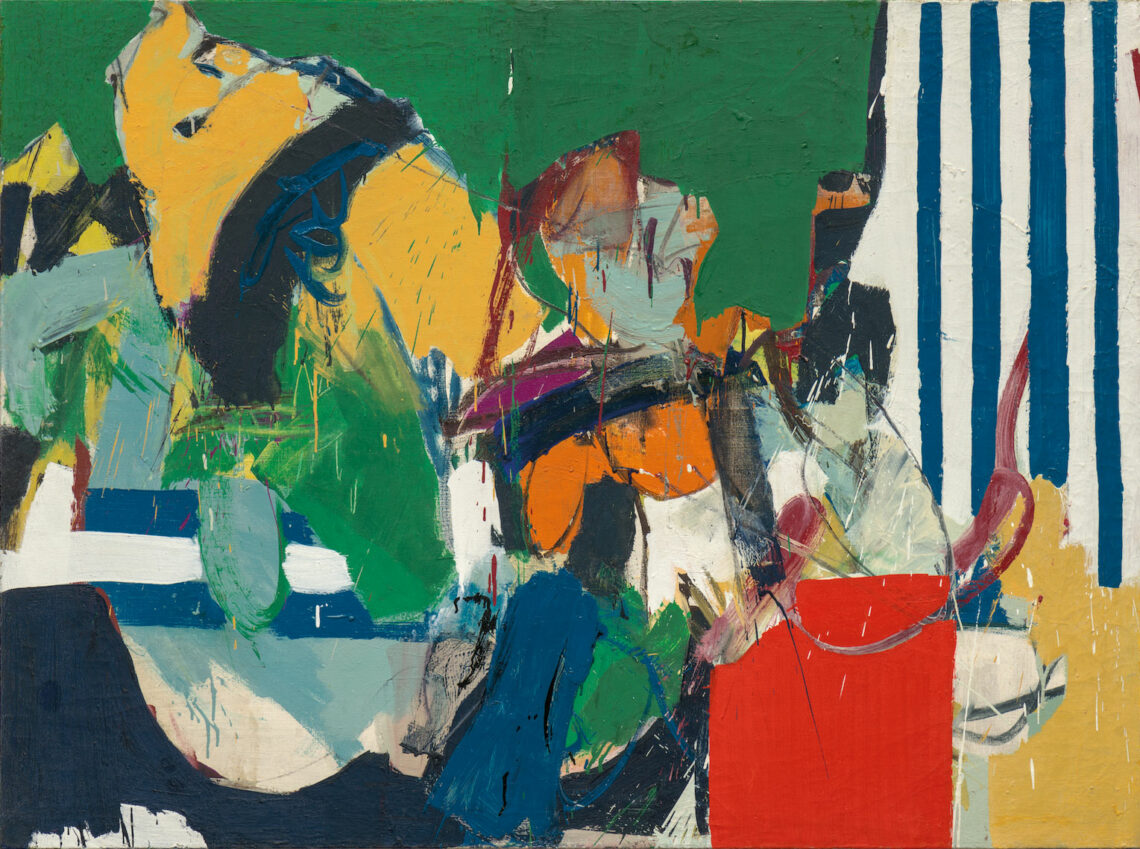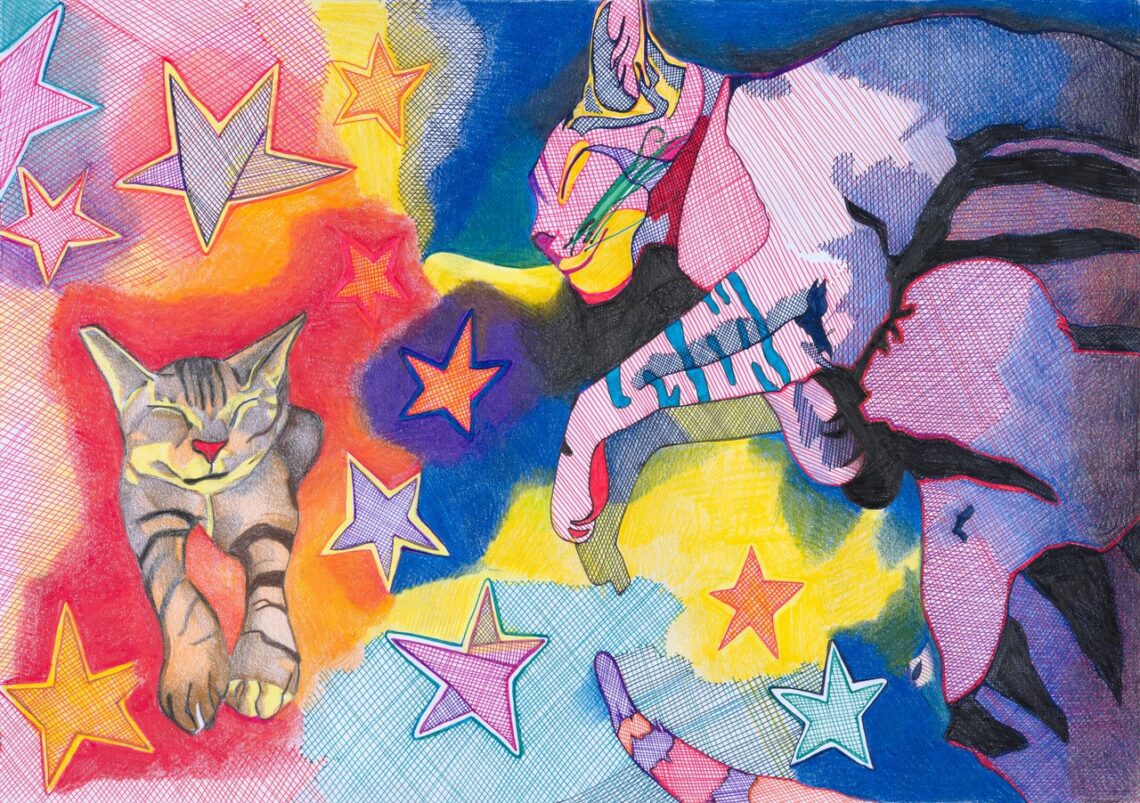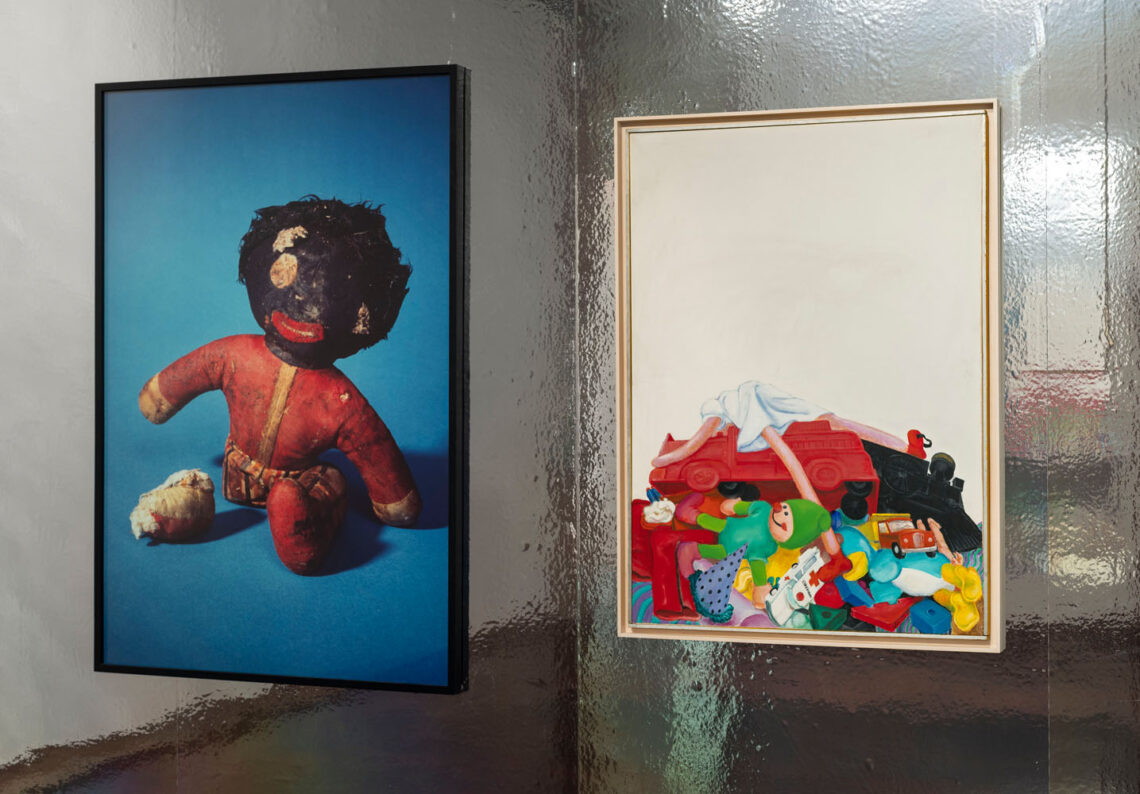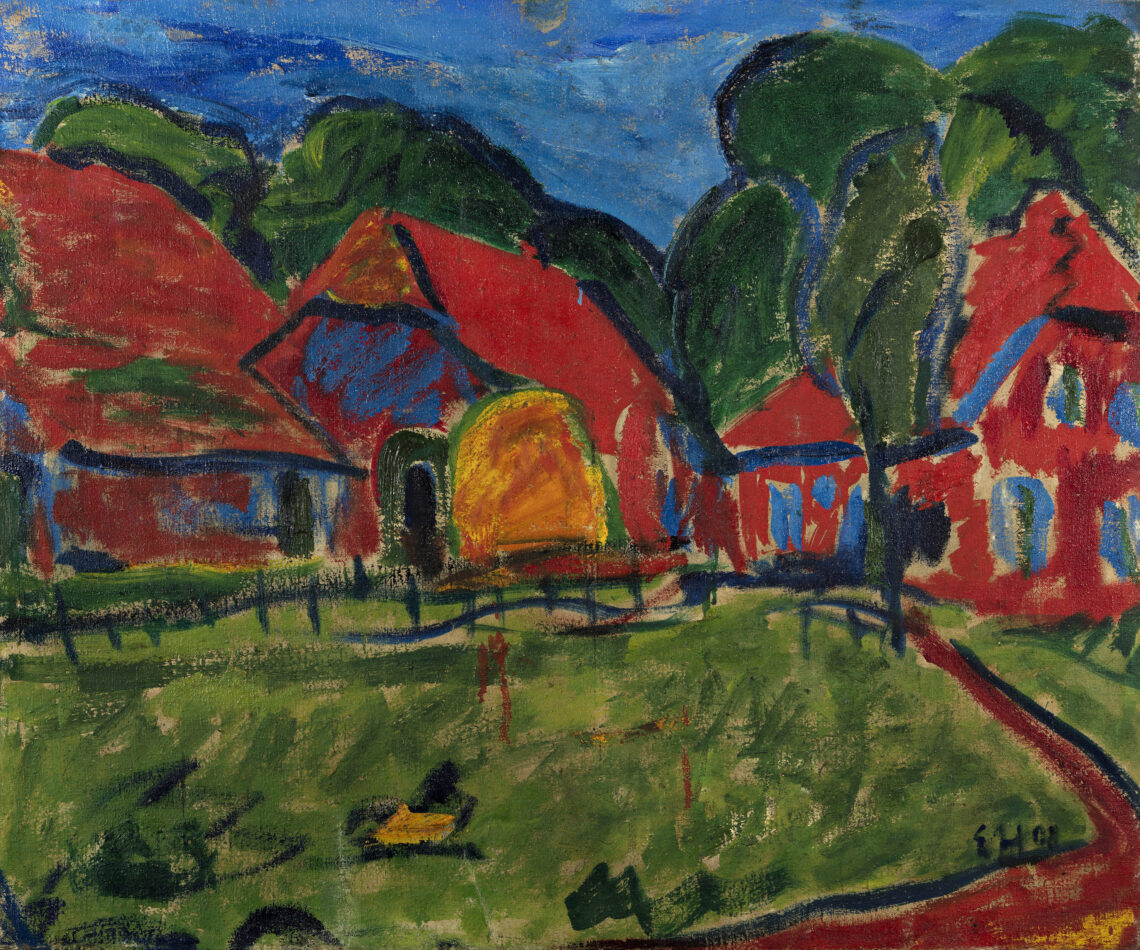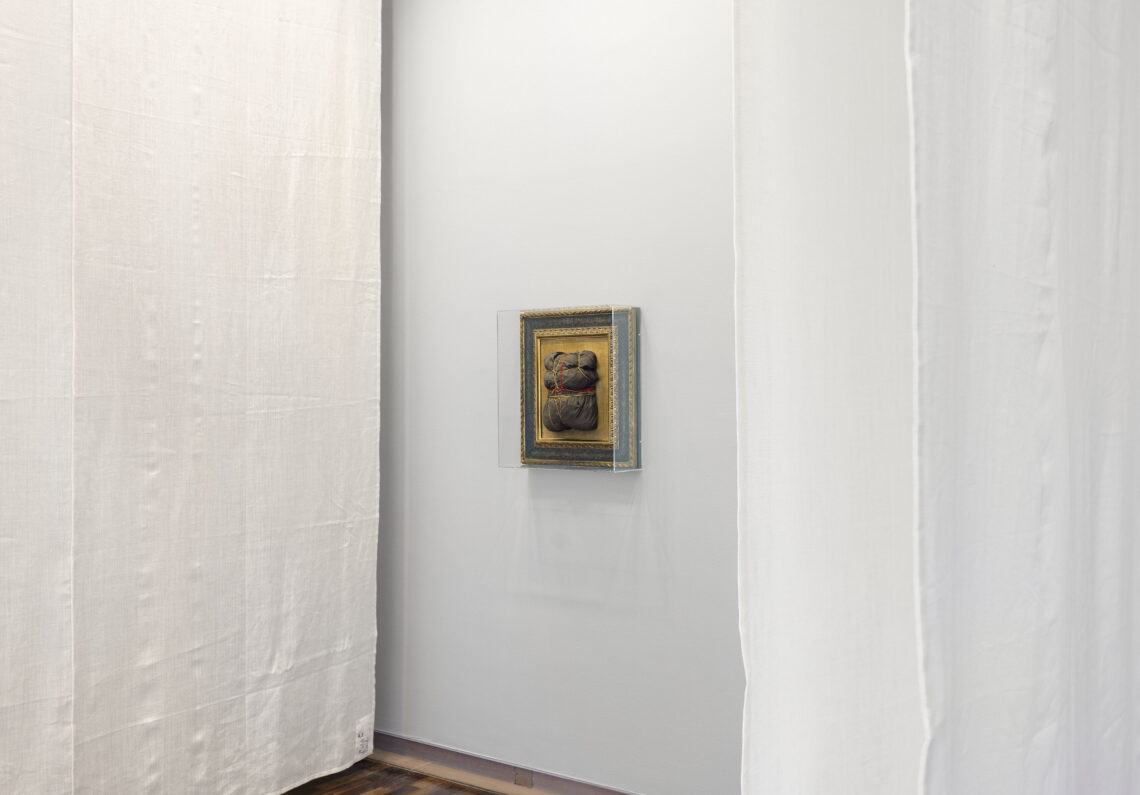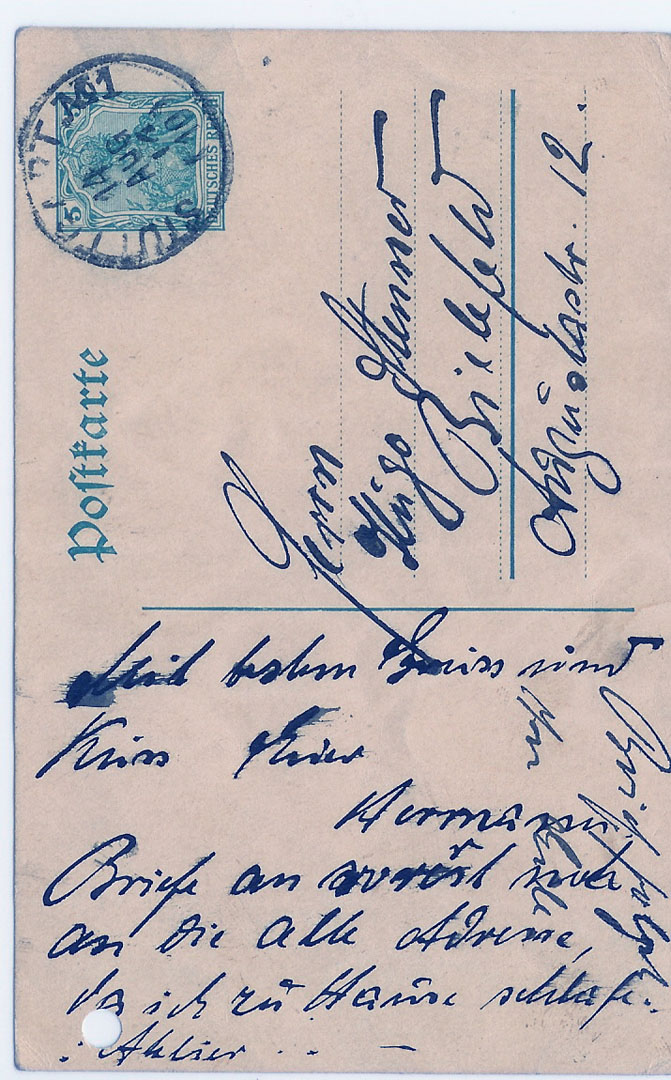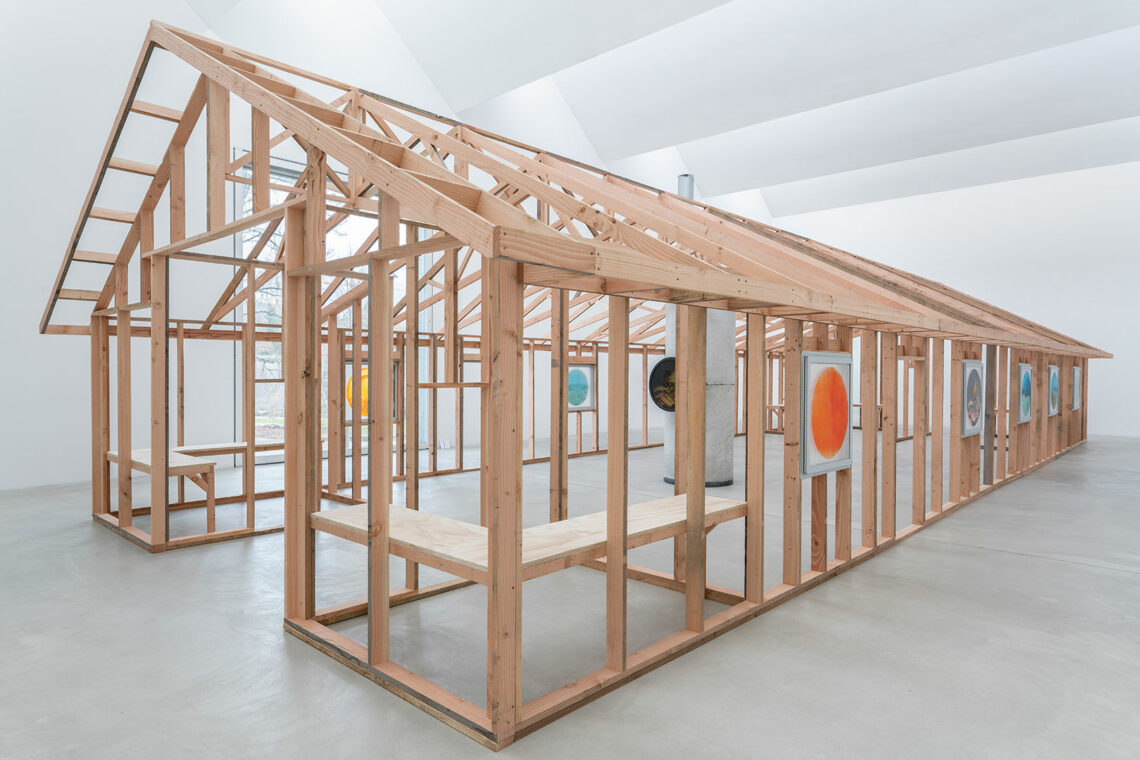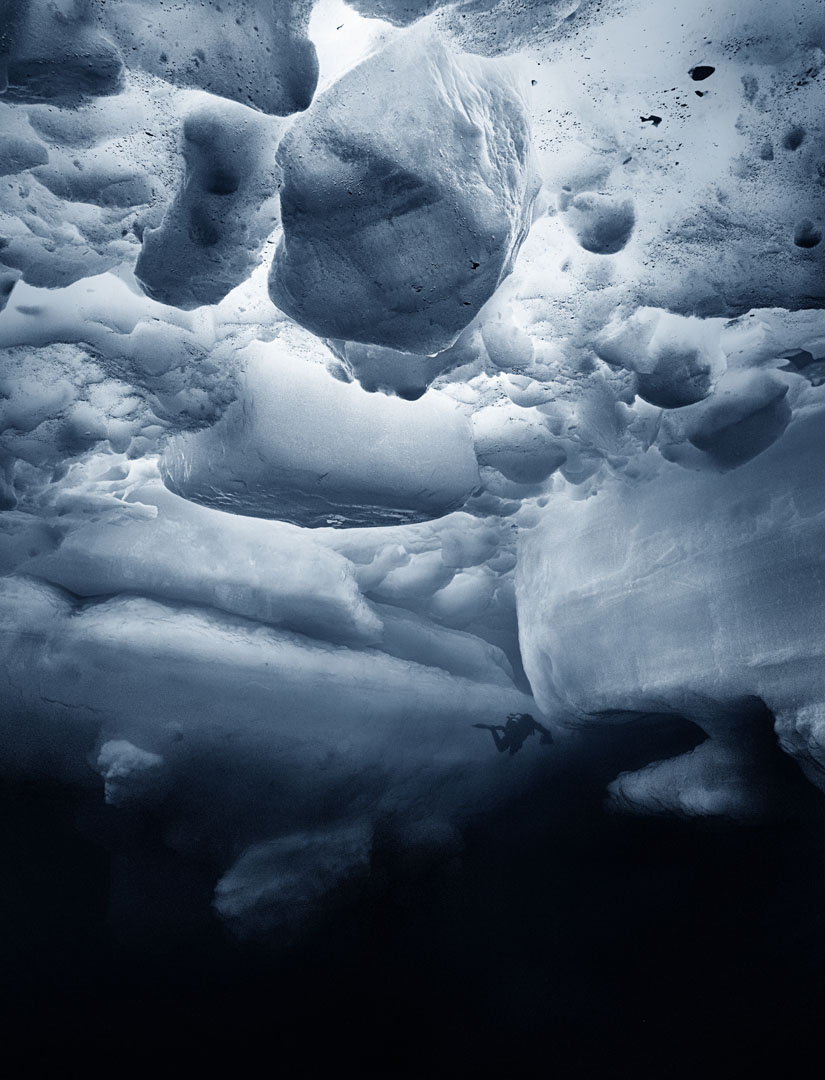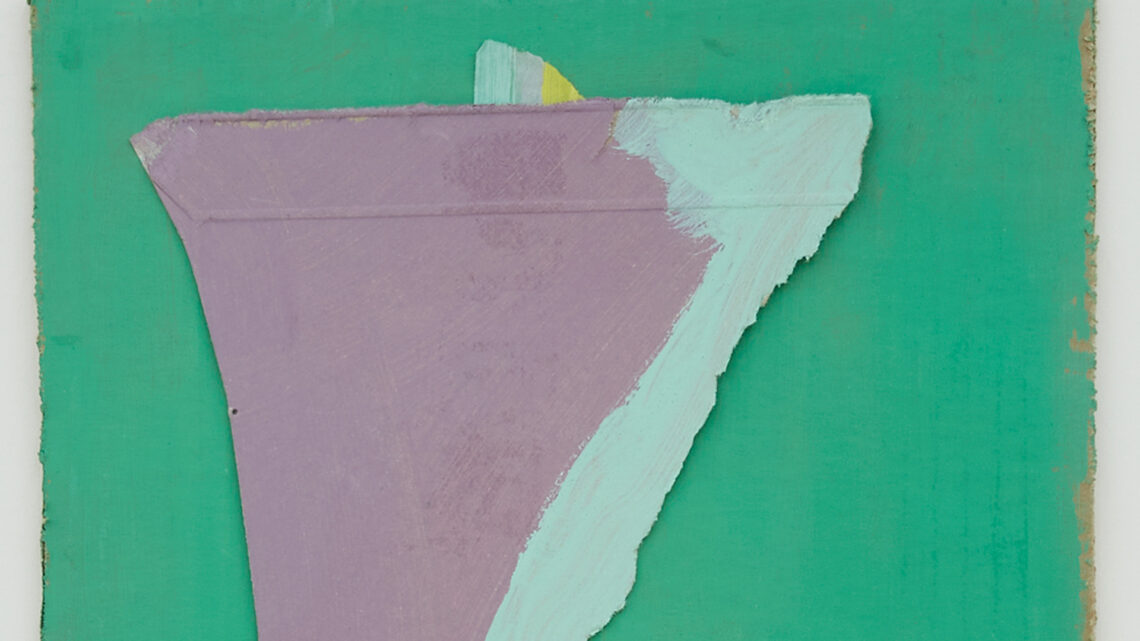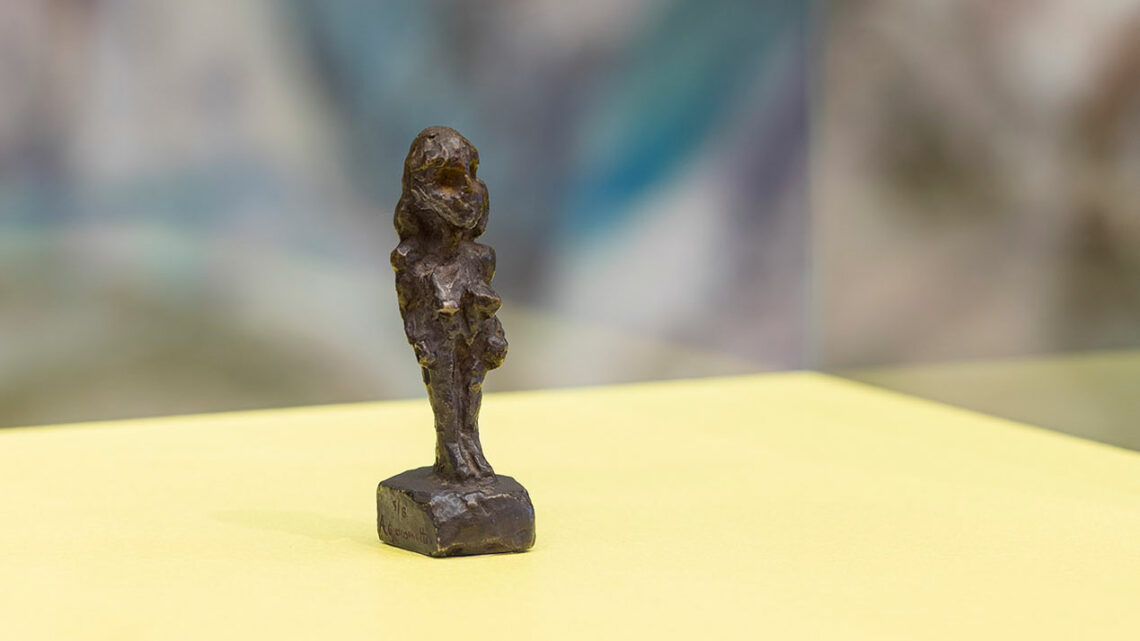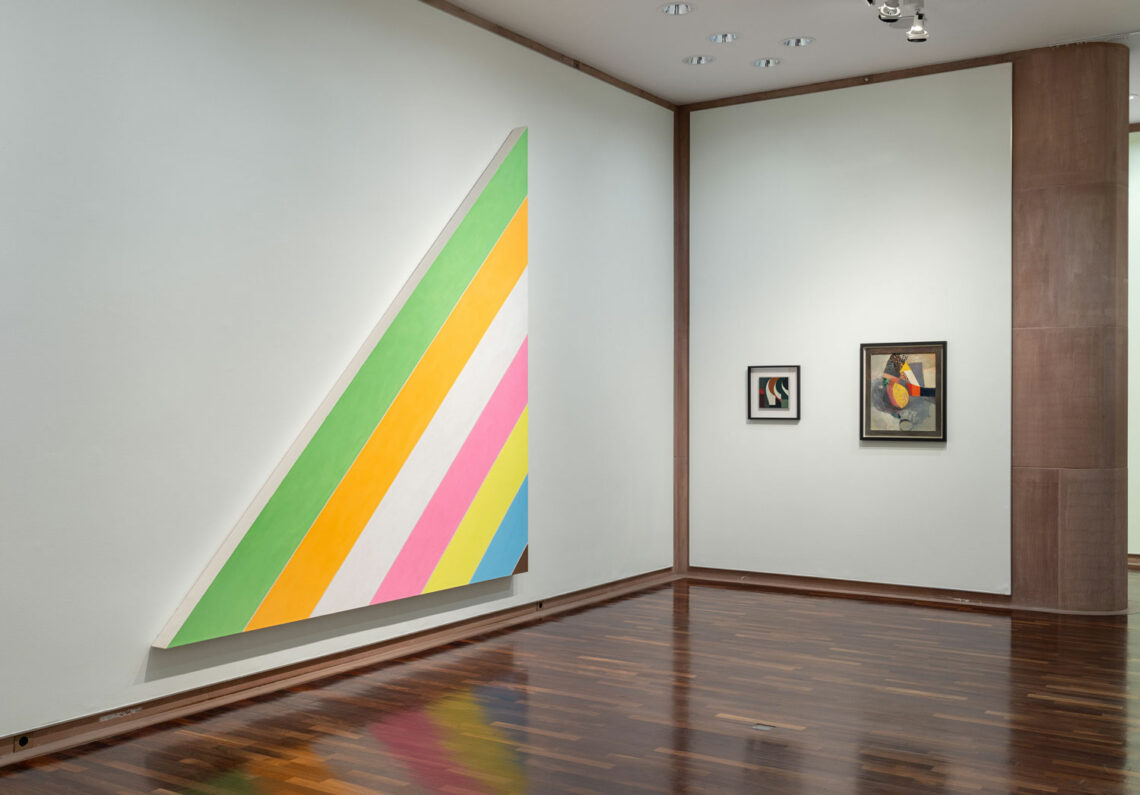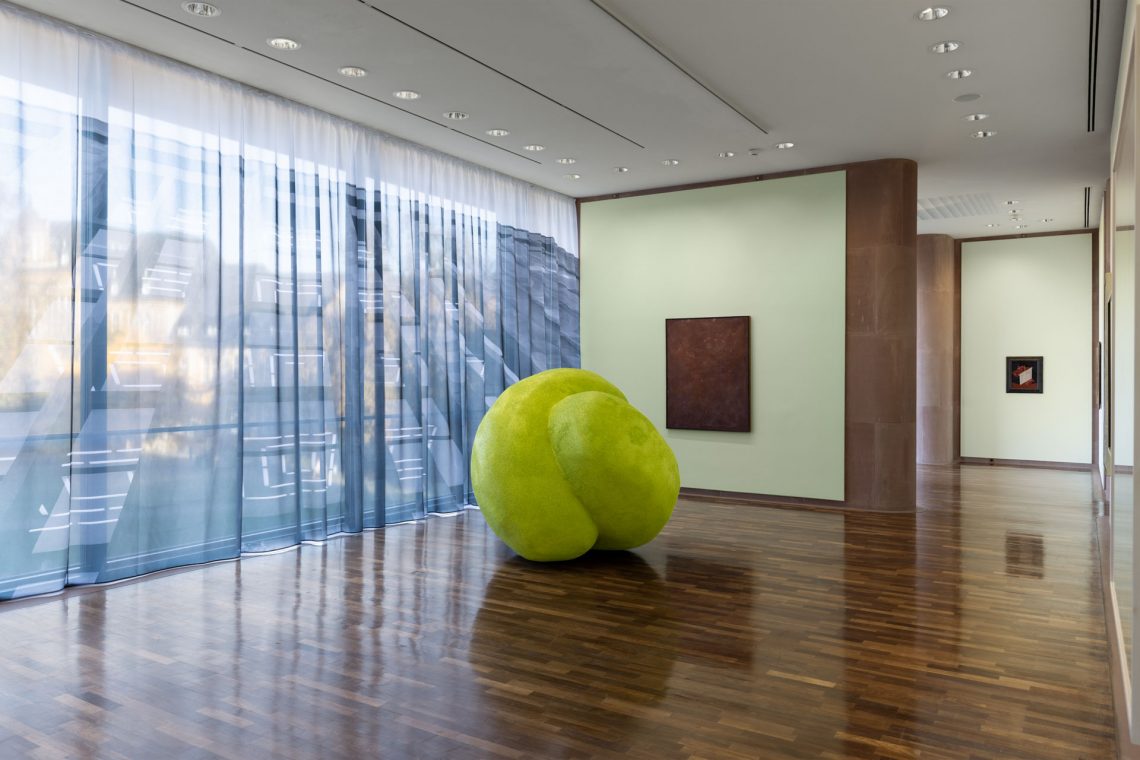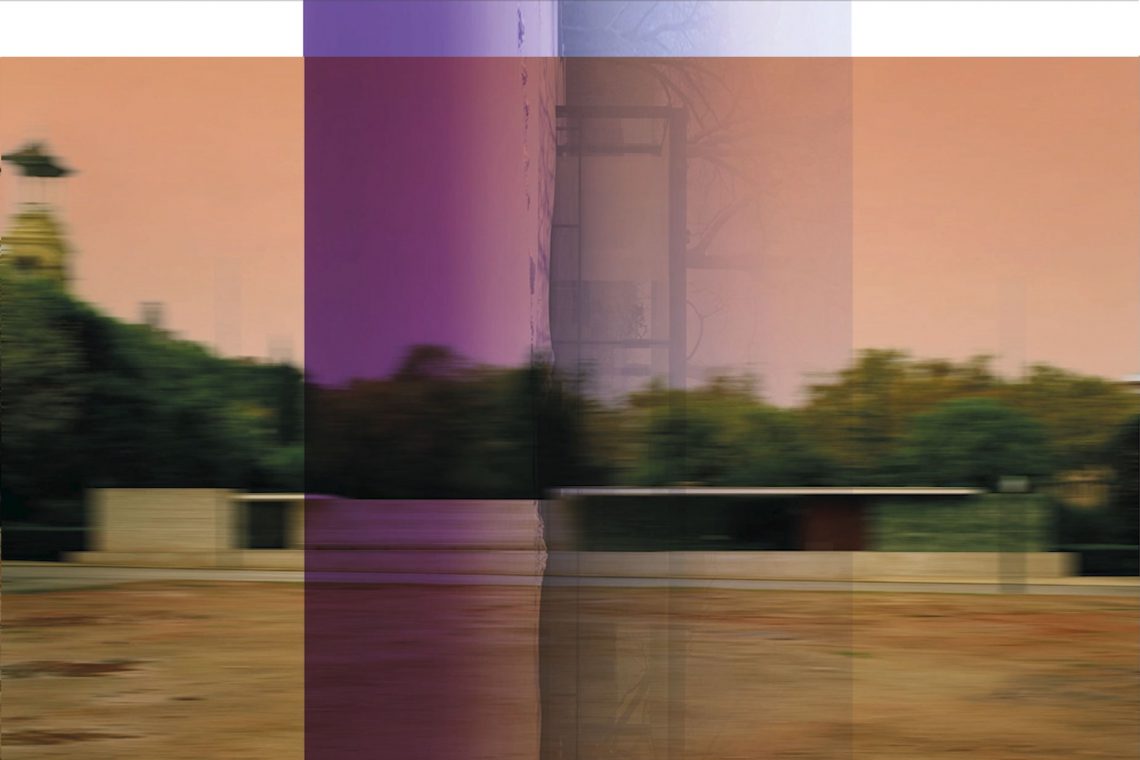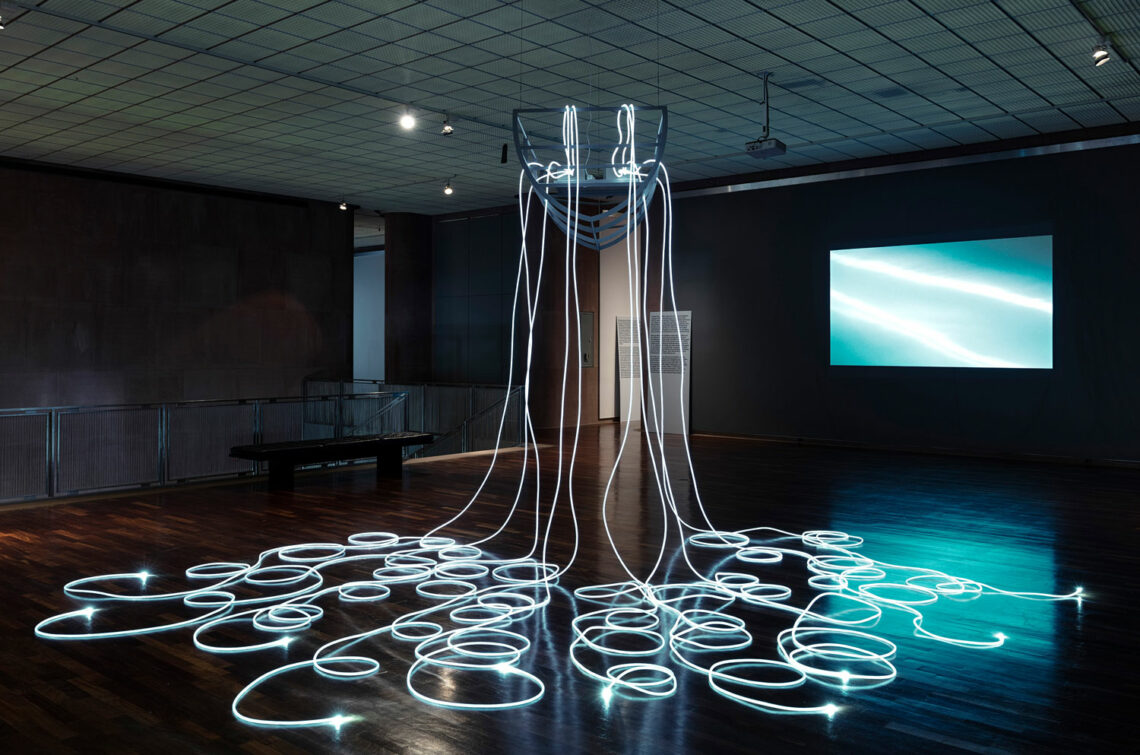Dóra Maurer
So sehen und anders sehen
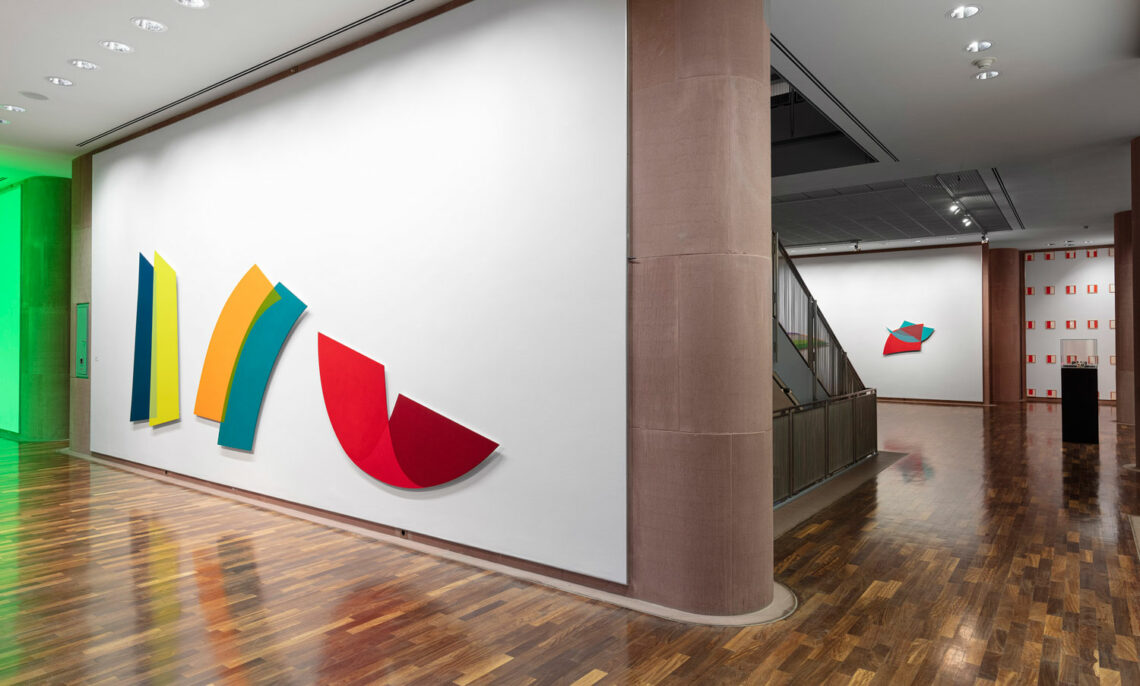
Dóra Maurer (*1937, lives in Budapest) is considered a prominent representative of the so-called neo-avant-garde. This makes her one of the artists who, since the 1960s, have taken progressive paths beyond Hungary’s official state cultural policy. Her works in the media of graphics, photography, film, action art and painting show a conceptual approach. Central aspects are perception, movement, displacement and transformation.
Abstraction, especially that of the West, was introduced in the early years of the Federal Republic of Germany as a political “cleansing”, representative of ideals such as democracy, freedom or openness. Numerous collections in German museums, including that of the Kunsthalle Bielefeld, are organized accordingly. In countries like Hungary, on the other hand, in what was then the Eastern Bloc, abstraction certainly had an “oppositional” connotation.
Through the non-representational nature of her works, but also through her contacts and travels to the West, which were possible even before 1989 due to her dual citizenship (Hungarian and Austrian), Dóra Maurer occupies a special position in the Hungarian art scene dominated by figurative Socialist Realism. Her experiments in the media of photography and film in the 1970s as well as her abstract-geometric works based on processual displacement place her work in an obvious parallel to post-war art in Western Europe and the USA. In fact, however, her works are inconceivable without the experience of life under the communist regime.
In conjunction with a presentation of the collection’s own works of German and American Conceptual Art and Minimal Art, the exhibition raises the question of the different historical conditions that led to abstraction and its political charge on both sides of the Iron Curtain. In view of a long since globalized world and the associated questioning of the artistic canon and corresponding exhibition and collection policies, the Kunsthalle Bielefeld would like to present alternative histories of abstraction with Dóra Maurer’s presentation.
The exhibition comprises around 60 works from five decades. Maurer’s self-assertion in the primarily male-dominated field of abstract art will be considered, as will her development of experimental workshops in the 1970s, with which she sought to expand the politically restricted scope of action at the time. To this day, Dóra Maurer serves as a role model for many younger artists in Hungary through her work as a professor at the Academy of Fine Arts in Budapest, as a founding member and president of the Open Structures Art Society (OSAS), Budapest, and as an independent curator.
The exhibition is sponsored by the Kulturstiftung pro Bielefeld and the Kunststiftung NRW.
Gallerie


